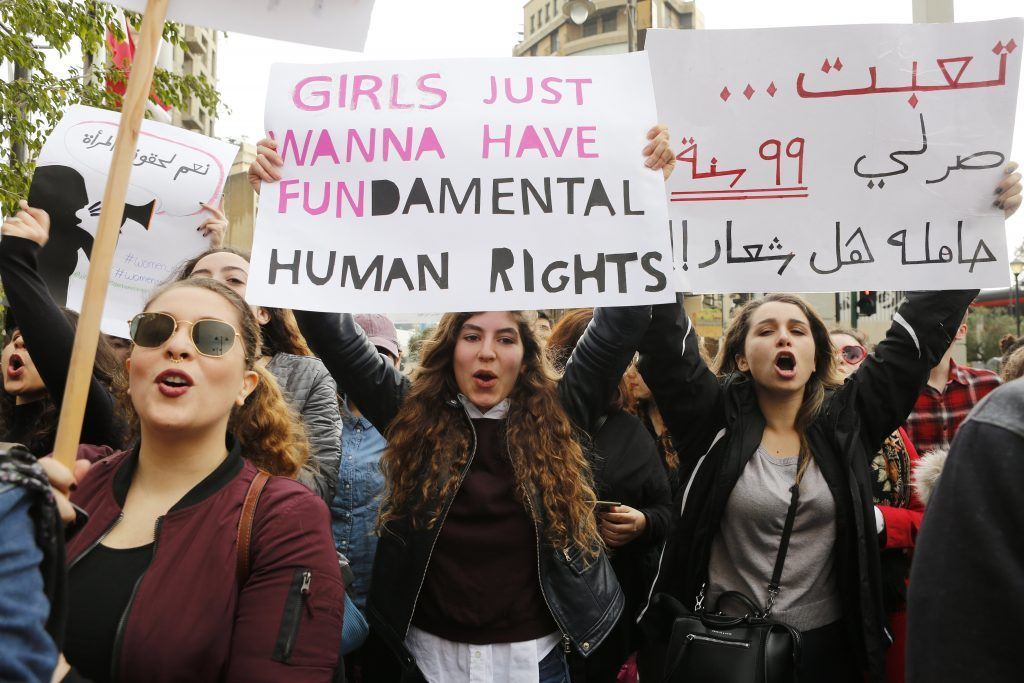An ongoing struggle for a quota for women

The new electoral law passed in 2017 did not include a gender quota for women, a long-held demand to ensure women’s participation and representation in public office and the Parliament. Without this quota, women’s representation remains one of the lowest in the region with only 17 women elected and/or appointed to the Parliament since 1953.
The highest number of women MPs was in 2005, when the level of representation for women in the Lebanese Parliament reached six representatives out of 128 parliamentarians. The elected women are mostly widows, wives, and daughters of male political figures. Though the quota is a positive discrimination tool meant to enhance women’s political representation, it is not enough, in itself, as a measure of gender equality, and has to be accompanied by other legal and electoral reforms such as “regulating campaign spending.” 1
